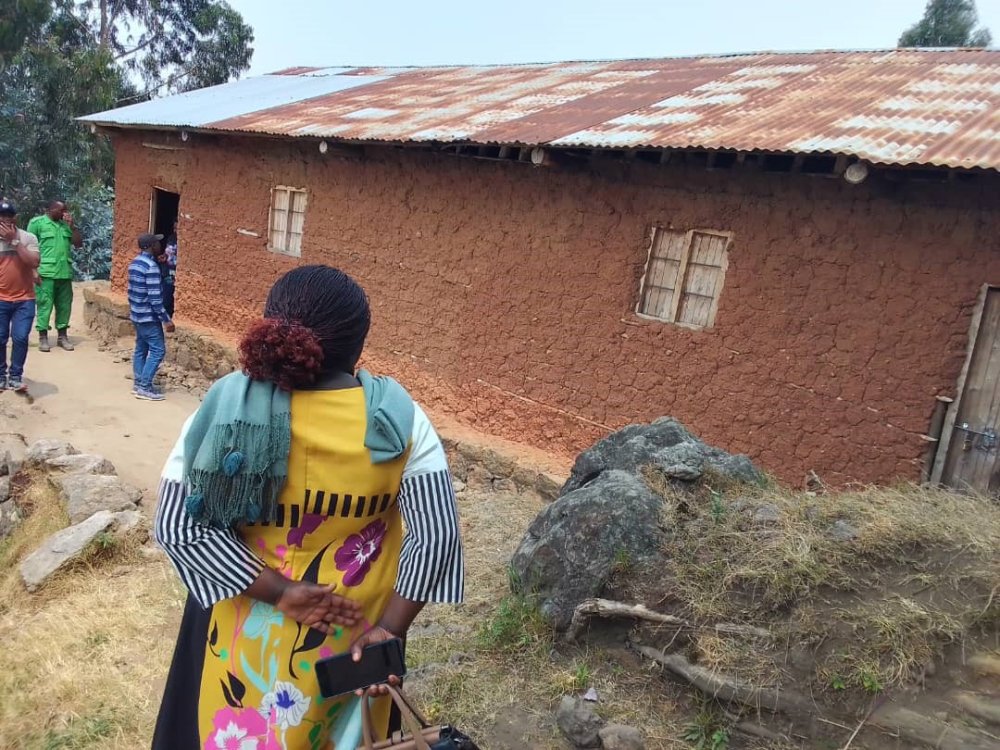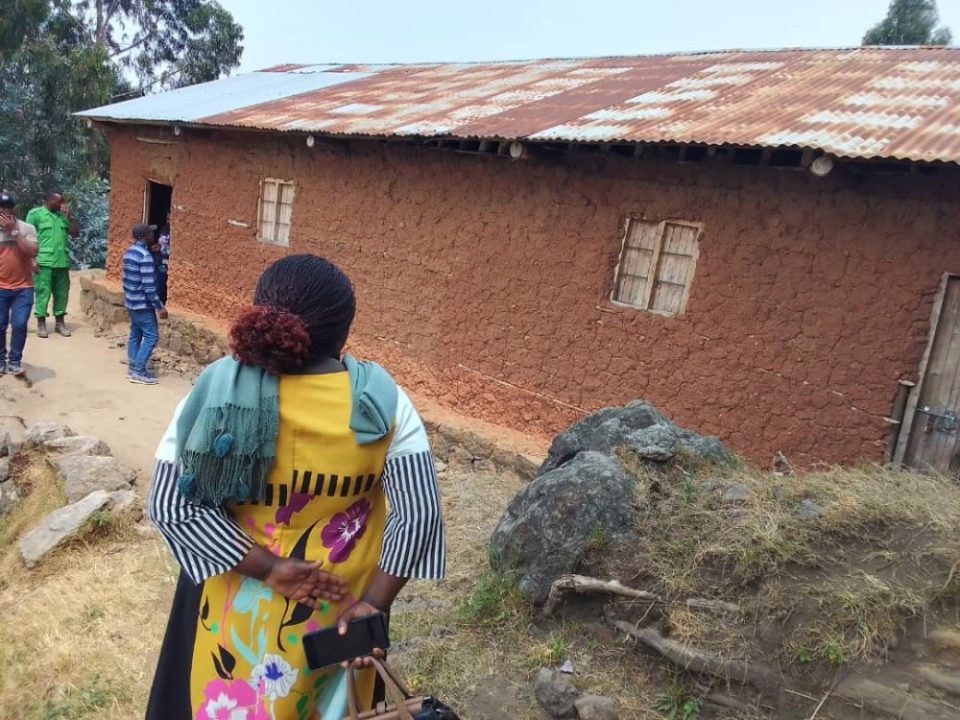The Ministry of Local Government has announced that during the recent inspection of churches, 336 buildings were found to be unsuitable for being churches due to their location or condition and must be demolished.
During the nationwide church inspection, 14,094 church buildings used by various religions and denominations were reviewed, leaving over 9,000 closed due to failure to meet requirements.
The Minister of Local Government, Jean Claude Musabyimana, stated during the RBA program ‘Imboni’ that about 600 churches were found to be unsuitable for reopening, including some that need to be demolished because of their locations that endanger public safety.
He said, ‘There are buildings with serious issues. We have identified 336 churches that are unsuitable for use due to their location and condition. The owners are aware of this. We are not doing this secretly; even the owners acknowledge the problems and say, ‘I also believe the solution is to close this building and wait until I can plan to construct a proper building where people can gather.
He confirmed that if a church is built in a location where people cannot live, ‘you can’t tell me to come back tomorrow and renovate it to make it usable; that’s not possible.’
Minister Musabyimana pointed out that some churches will not reopen because they were found to belong to registered religions, but their owners only carry the necessary documentation in their pockets, renting spaces that were originally used for other purposes like meetings or shops, which were then converted into churches. These spaces will be returned to their original uses.
He said, ‘You can’t claim to have a church without a proper place of worship, while keeping the documentation in your pocket and renting a place that was used for other things.’
Minister Musabyimana explained that closing churches does not mean banning the religion itself, as one religion may have multiple churches, so while one church might be closed, others may remain open.”
The Rwanda Governance Board (RGB) recently announced that in December 2023, it met with representatives of non-governmental organizations based on faith at the district level, reminding them that the law which provided a grace period for organizations lacking the required qualifications expired in September 2023.
The law had allowed for an extension of up to five years to fulfill additional requirements, including obtaining the necessary qualifications, but this grace period ended in September 2023.
Furthermore, in May 2024, RGB reportedly sent a letter to all religious leaders requesting documents showing the locations of their branches, information about their leaders, and details about their educational levels. However, not all were able to provide this information.





